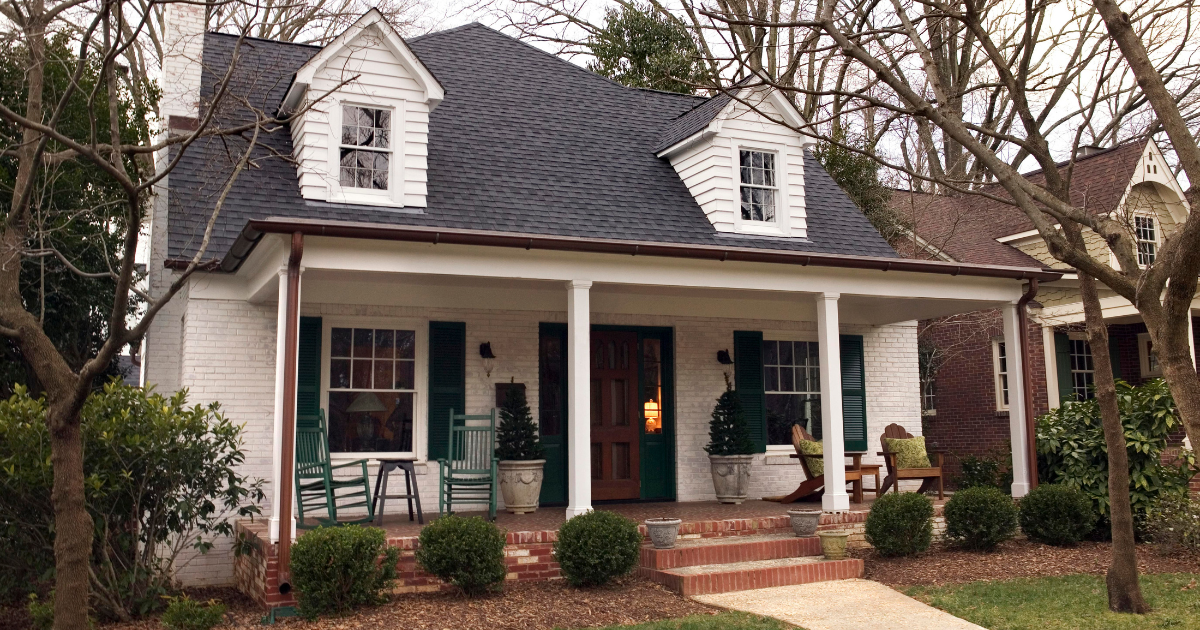When you think about buying a home, your monthly mortgage payment is often the first number you focus on. It’s the centerpiece of your housing budget, and for good reason. But successful homeownership requires a financial plan that stretches far beyond principal and interest. From property taxes to ongoing maintenance, there are many expenses new homeowners should anticipate to avoid being caught off guard.
At CapCenter, we help clients plan not only for their mortgage but also for the full cost of owning a home. By eliminating closing costs, we help you start ahead — but it’s equally important to understand what comes next.
Property Taxes
One of the largest ongoing costs homeowners face beyond the mortgage is property taxes. These are determined by your local government and typically based on your home’s assessed value.
Property taxes vary widely by state and county. In some areas, they can be a few hundred dollars per year, while in others, they run into the thousands. When budgeting, remember that these taxes can increase over time as your property value rises or if local tax rates change.
Most lenders collect property taxes in an escrow account and include them in your monthly payment, but it’s important to know the exact amount so you can prepare for potential changes.
Homeowners Insurance
Insurance protects your home — usually your largest financial asset — from risks like fire, theft, and natural disasters. Most lenders require you to carry a homeowners insurance policy.
Premiums depend on factors such as location, home value, coverage limits, and whether you bundle with other policies like auto insurance. At CapCenter, our in-house insurance team shops across 30+ carriers to find competitive rates, often saving clients an average of 25% when bundling home and auto policies.
Explore CapCenter Insurance to see how much you could save.
Utilities
Monthly utilities are easy to underestimate when transitioning from renting to owning. Your utility bills may be higher in a single-family home than in an apartment because you’re paying for more square footage and more systems.
Utilities typically include:
- Electricity and natural gas
- Water and sewer
- Trash and recycling
- Internet and cable
Seasonal fluctuations, especially heating and cooling, can also make a noticeable difference. It’s a smart move to ask the seller for a copy of recent utility bills before you buy so you know what to expect.
Home Maintenance and Repairs
Every home requires upkeep. The general rule of thumb is to set aside 1–3% of your home’s value annually for maintenance and repairs. That means for a $300,000 home, you could budget $3,000–$9,000 each year.
This covers expenses like HVAC servicing, roof repairs, gutter cleaning, lawn care, and unexpected fixes like a broken water heater. Newer homes may require less maintenance early on, while older homes may demand more frequent attention.
Building this into your budget ensures you’re not caught off guard by the inevitable.
HOA or Condo Fees
If your home is part of a homeowners association (HOA) or a condominium community, you’ll likely pay monthly or quarterly fees. These fees often cover shared amenities like pools, fitness centers, and landscaping, as well as maintenance of common areas.
HOA fees vary widely, ranging from $50 to several hundred dollars per month. Before you purchase, review what’s covered and what additional responsibilities may still fall to you.
Appliances and Furnishings
Even if your new home comes with major appliances, there are often costs to consider right away — from upgrading a refrigerator to furnishing additional rooms.
Budgeting for furniture, window coverings, and small appliances can prevent you from overspending or racking up credit card debt after closing. It’s wise to prioritize needs versus wants and spread out purchases over time.
Landscaping and Outdoor Costs
Maintaining your yard is another line item many first-time buyers overlook. Lawnmowers, trimmers, seasonal plantings, mulch, and snow removal (depending on your climate) all add up.
If you choose to hire a lawn care or landscaping service, factor in the monthly or seasonal expense. Good curb appeal not only makes your home more enjoyable but also preserves property value.
Emergency Fund
Homeownership comes with surprises — and not always the good kind. Having a dedicated emergency fund separate from your maintenance budget provides peace of mind. This could cover major expenses like a new roof or significant storm damage not fully covered by insurance.
Experts recommend keeping three to six months of living expenses in savings, but as a homeowner, aiming toward the higher end is smart.
Closing Costs — A Hidden Savings Opportunity
Most lenders require you to pay thousands in closing costs upfront — covering everything from appraisal and underwriting fees to title insurance and attorney services. At CapCenter, we eliminate closing costs entirely. That means you can keep your savings for the expenses above, rather than draining them before you even move in.
Learn more about our Zero Closing Cost Loans and how much you could save on your next purchase or refinance.
Putting It All Together
When mapping out your housing budget, don’t stop at your mortgage payment. Consider the full picture: property taxes, insurance, utilities, maintenance, HOA fees, furnishings, and the unexpected.
CapCenter clients often find that by saving thousands in closing costs, they’re better equipped to handle these ongoing expenses. Homeownership is about more than just buying a house — it’s about maintaining stability, protecting your investment, and enjoying your home without financial stress.
FAQs
How much should I budget for home maintenance?
Plan on saving 1–3% of your home’s value annually. Older homes may require even more.
Are property taxes included in my mortgage payment?
If you set up an escrow account, yes. Otherwise, you’ll need to pay them directly to your local government.
Can I shop around for homeowners insurance?
Absolutely. CapCenter’s insurance team can compare options across 30+ carriers for you.
Do all homes have HOA fees?
No. HOA or condo fees apply only if your property is part of a community association.
Final Thoughts
Owning a home is one of life’s biggest milestones, but it also comes with ongoing financial responsibility. By looking beyond your mortgage and budgeting wisely, you’ll be better prepared for the true cost of homeownership.
At CapCenter, we believe your journey should start with savings. With our Zero Closing Cost mortgages, you can put more money toward building your future and less toward upfront fees. Whether you’re buying, refinancing, or exploring your insurance options, we’re here to help.
Start your journey with CapCenter today.




